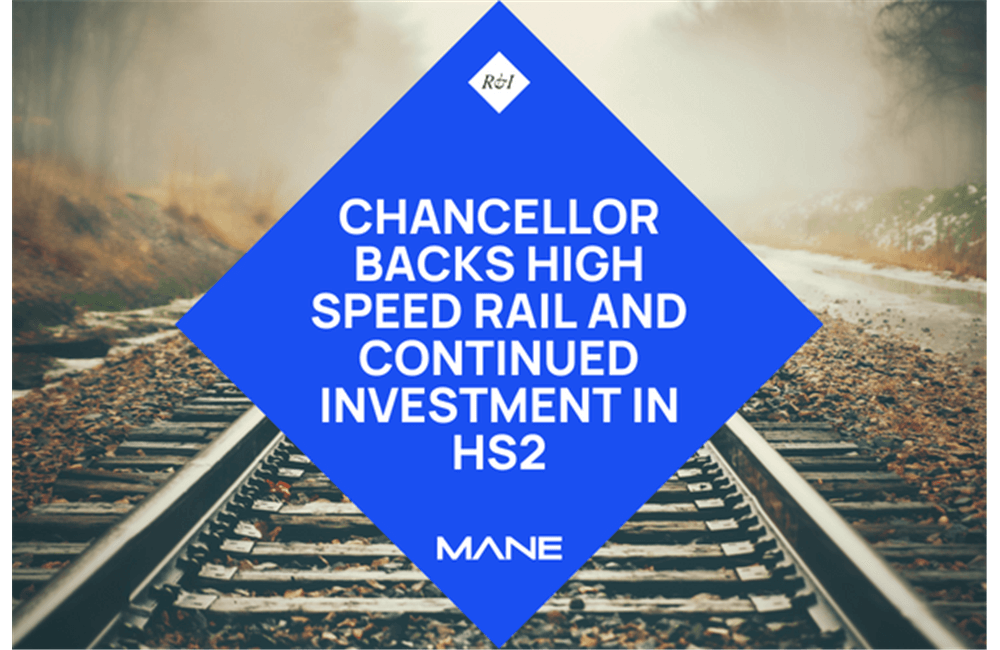Chancellor backs High Speed Rail and continued investment in HS2
16 Feb, 202310 minsHigh Speed Rail (HSR) and the HS2 project are seen as vital to the United Kingdom's futu...

High Speed Rail (HSR) and the HS2 project are seen as vital to the United Kingdom's future. The HS2 aims to improve connectivity between major cities, reducing journey times and increasing the capacity of the rail network. This increased capacity will relieve pressure on the congested existing rail network, creating additional space for both passengers and freight. HSR is viewed as a more environmentally friendly mode of transport, reducing carbon emissions and improving air quality. The HS2 project is expected to bring significant economic benefits to the UK, including the creation of jobs and the stimulation of economic growth in regions along the route.
The HS2 project is also seen as a way for the UK to maintain its position as a leading player in Europe and the world. By improving the country's infrastructure, the HS2 is expected to make the UK more attractive to businesses and investors, enhancing its international competitiveness. The potential benefits of HSR to the UK are significant, making the HS2 project an important step towards creating a more connected, efficient, and sustainable rail network. Despite ongoing debates about costs and benefits, many people believe that the potential benefits of HSR to the UK make it a crucial investment for the future.
However, The HS2 project has faced significant criticism and controversy since its inception. One major downside of the project is its cost, with estimates for the project continuously rising and putting a strain on the UK's budget. Additionally, the construction of the HS2 has faced opposition from local communities and environmental groups due to its potential impact on the environment and wildlife, as well as the displacement of people from their homes. Critics also argue that the project's benefits are overstated and that the money could be better spent on upgrading existing rail infrastructure and improving regional connections. Some experts have also pointed out the limitations of high-speed rail in terms of its ability to serve areas beyond major cities and the challenges of integrating it with existing transport systems.
Building a network of high speed rail links in the UK is key to improving connectivity and delivering the "levelling up" agenda, according to Chancellor Jeremy Hunt. Speaking at an All Party Parliamentary Group on Infrastructure (APPGI) reception, Hunt said, "We have got to have much better connectivity. I really want to have HS3, HS4 and HS5...It is absolutely essential for our social cohesion, as well as our economic prosperity, that we develop a growth model that isn’t just focused on London and the southeast." The proposed high speed rail network is part of Hunt's wider plan for infrastructure and economic growth, which he describes as his "four Es": enterprise, education, employment, and everywhere.
Hunt pointed to the role of infrastructure in driving UK growth, and he called for greater focus on overcoming productivity, project delivery timescales, and budgeting issues. He said, "This country really invented the concept of major infrastructure projects in the 19th century but we lost our way in the 20th century in our ability to deliver big projects at pace and we take far too long." He added that he welcomes working with the APPGI to bring forward ideas to fast track delivery of major infrastructure and keep them on budget.


